A fivefold increase in petrol prices since the rollback of fuel subsidies last year has convinced them to make the switch to CNG, which is much cheaper and far kinder to the environment.
At the NIPCO Plc station on the outskirts of Abuja, the capital, business is also brisk for retrofitting cars to run on compressed gas. It’s built a dedicated workshop, where mechanics install the cylinders and inject systems to make the switch.
“We are booked until the end of January at least,” said Chris Uche, the technician in charge. “There are so many cars waiting to be converted.”
The CNG shift reflects a push by Africa’s top oil producer to ease its reliance on crude by promoting investment in the country’s largely unexploited 200 trillion cubic feet of proven gas reserves, most of which are burned off or re-injected into wells.
Incentives are being offered to gas companies, tariffs and taxes have been waived on CNG equipment, taxis and other commercial drivers can get discounts, and a 10 billion naira ($6 million) credit facility has been set up for private car owners to take the plunge. .
The “mission is to enhance Nigeria’s energy security, lower transportation costs, and reduce carbon emissions,” said Toyin Subair, vice-chairman of a presidential committee on CNG, which has set a goal of converting 1 million vehicles by 2027.
The country is on track to meet its initial goal for 100,000 commercial vehicles by end-2024, he said, “bringing substantial cost savings to transporters, reducing public transport fares for Nigerians, and advancing Nigeria’s clean energy objectives.”
While that’s a modest goal given Nigeria’s 12 million vehicles, and low when compared to Egypt’s 500,000 CNG cars, it signifies the nation’s clean energy ambitions.
The conversion involves installing a high-pressure gas tank and fuel lines, a pressure regulator and injectors. When CNG is injected into the engine, it is ignited by the car’s spark plugs, similar to how gasoline is burned in a conventional engine.
Vehicles driven for rideshare platforms Uber and Bolt, distinctive in their elderly Toyota Corollas, Honda Civics and Peugeot 206s, have been keen customers. Their cars are now being retrofitted to run on CNG that retail for 230 naira per litre, one-fifth of the price of petrol. Some drivers have seen profits surge more than 400% a month.
“The only disadvantage it has cost me is the space in the boot. Passengers with luggage have proven to be an issue,” said Bolt driver Clement Sunday, whose gold-coloured 2002 Peugeot 206 runs on both petrol and CNG. Also, it “doesn’t drive as fast because gas burns slowly, but the oil is cleaner, the smokes are gone. This is a cleaner option,” he said.
The bulky yellow gas cylinder in his boot takes up a third of the space but can power the car for 150 kilometers (93 miles) on a single 3,500 naira fill.
Sunday spent 800,000 naira to modify the car, an amount that was a third less than the starting price thanks to the government subsidy, and says he has since recovered the investment in full.
While such drivers are just discovering the appeal of CNG, it’s been used in the trucking industry for years, including by billionaire Aliko Dangote. His tanker fleet has been retrofitted to make the 700-kilometre journey between Abuja and the commercial hub Lagos, where his oil refinery is located.
Nigeria hopes that a combination of Dangote’s refinery and the push into CNG will help end its costly need to import refined petroleum. That’s paid for in dollars, straining the country’s foreign exchange reserves and weakening the naira.
Despite the incentives, the promotion of CNG remains a work in progress.
Gas is produced in southern Nigeria by oil majors including Shell Plc and TotalEnergies SE, and is distributed to filling stations nationwide. But outside big cities, CNG use is low and even finding a station that sells it in Lagos or Abuja can he hard.
“We have to drive for two to three hours to find a station, and as more cars are converted, the queues have lengthened,” said Sunday.
Also, other than the state-owned oil company and its partners like NIPCO, most gas distribution firms are staying away, describing the retail cost of CNG for cars as currently unprofitable because of price regulation.
Subsidy replacement
“It is like replacing one subsidy with another, but we see the market settling at 50% – 60% of the price of petrol and diesel,” said Sumeet Singh, the chief executive officer of Powergas Africa Ltd, who prefers to sell CNG to factories and other industrial users where the price is unregulated.
The government says there are more than 90 conversion centers nationwide, with $450 million earmarked for investment in CNG infrastructure. Another 88 smaller stations are in development and mobile units to refuel up to 40 vehicles per hour are planned.
However, the biggest hurdle to embracing hybrid cars is probably safety concerns over driving with a gas cylinder on board. Unlike petrol, CNG reacts to temperature and risks exploding if not handled properly.
Its image wasn’t helped by a recent incident in the southern city of Benin when a car exploded while being filled up, injuring three people. The government, pushing back on what it claimed was misinformation on social media, said the accident was caused by an illegally modified vehicle.
Get insights into Upcoming Cars In India, Electric Vehicles, Upcoming Bikes in India and cutting-edge technology transforming the automotive landscape.
First Published Date: 24 Nov 2024, 08:35 AM IST
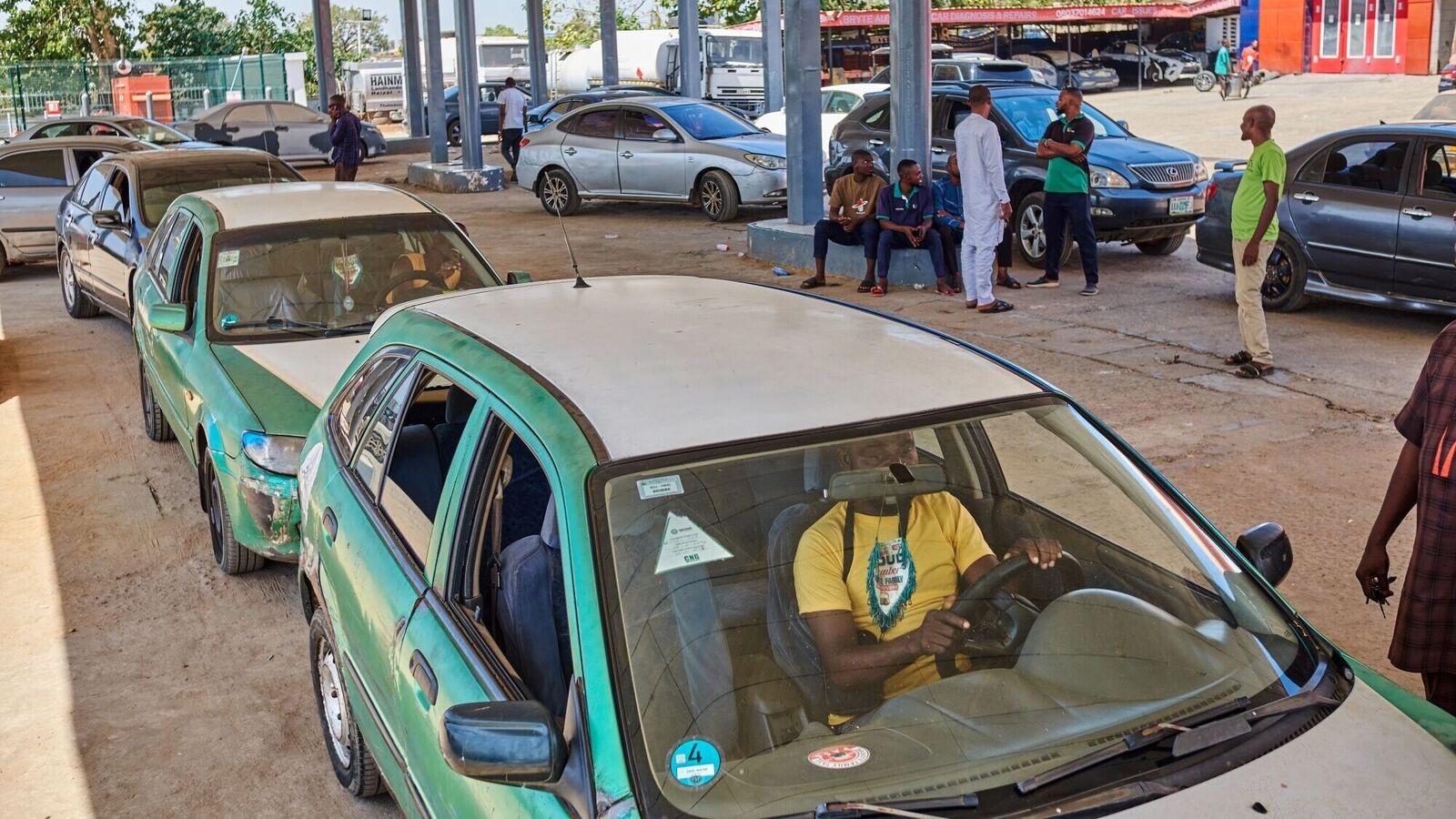

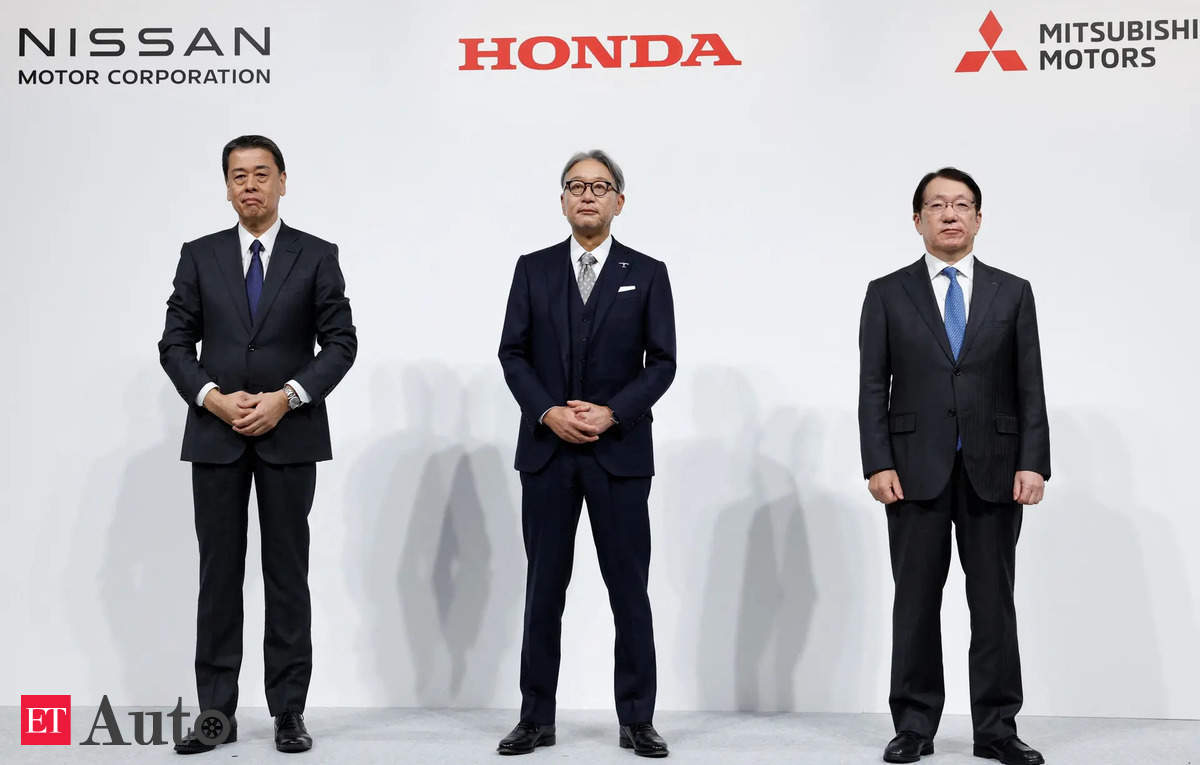
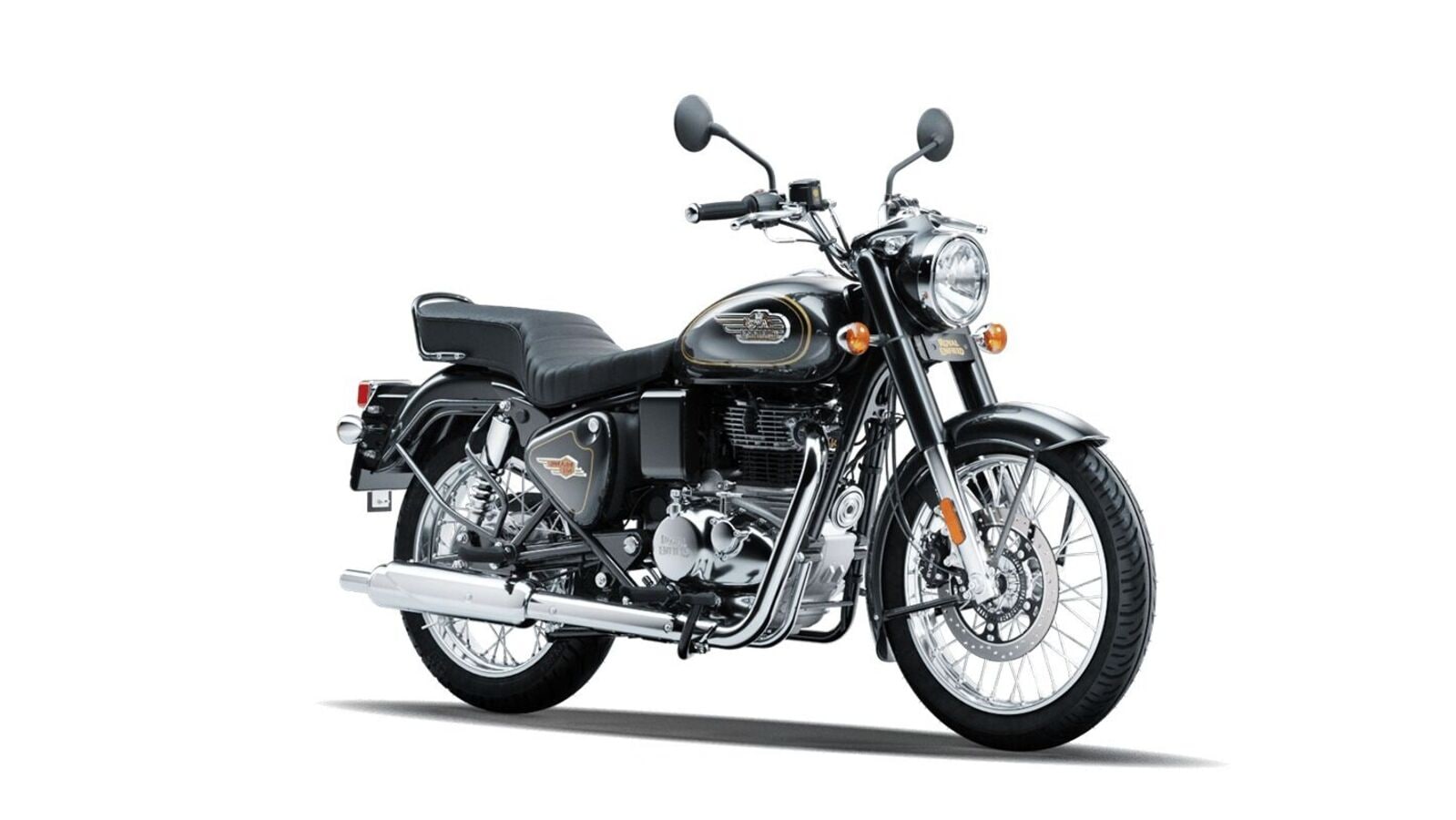

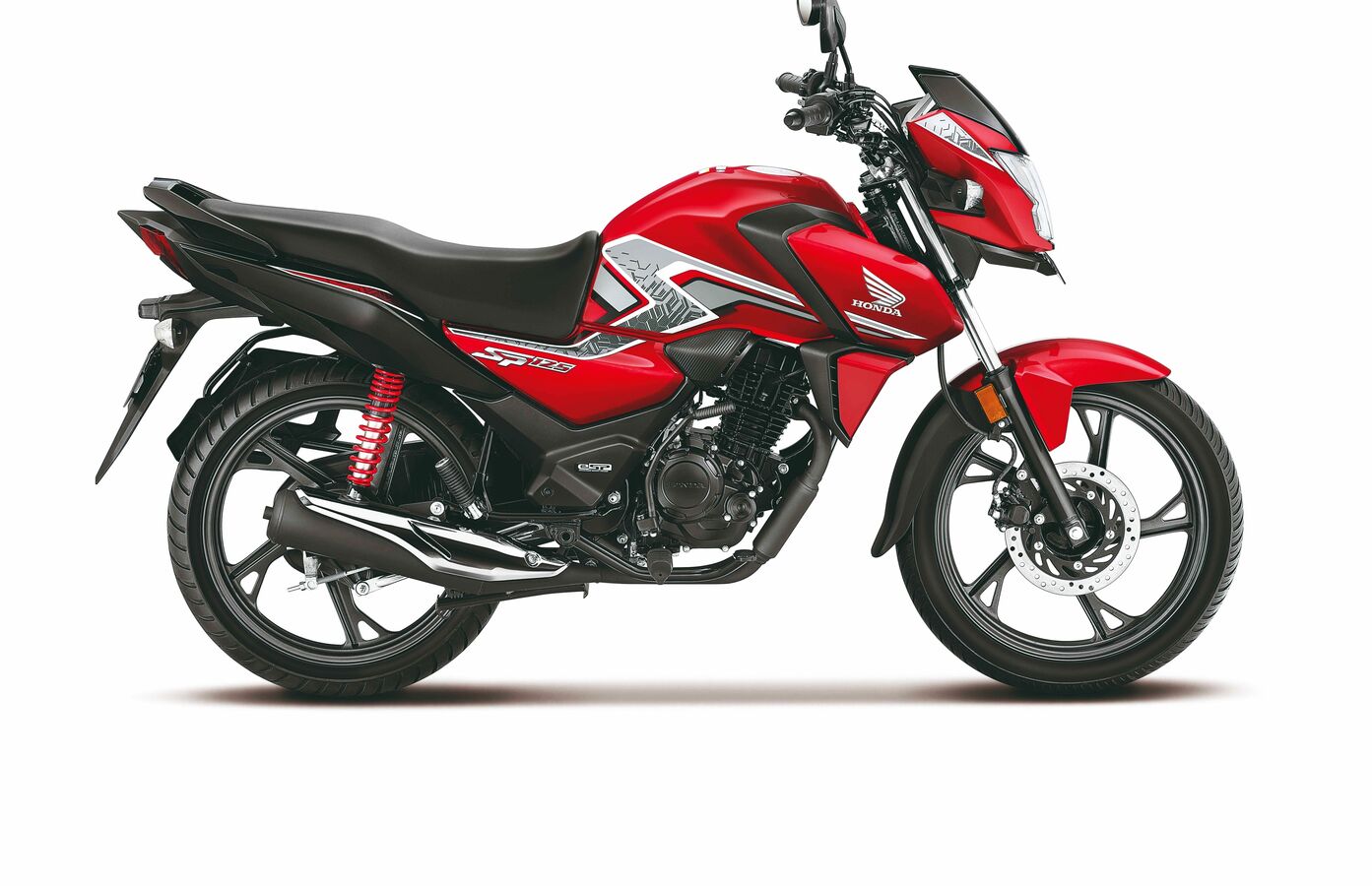
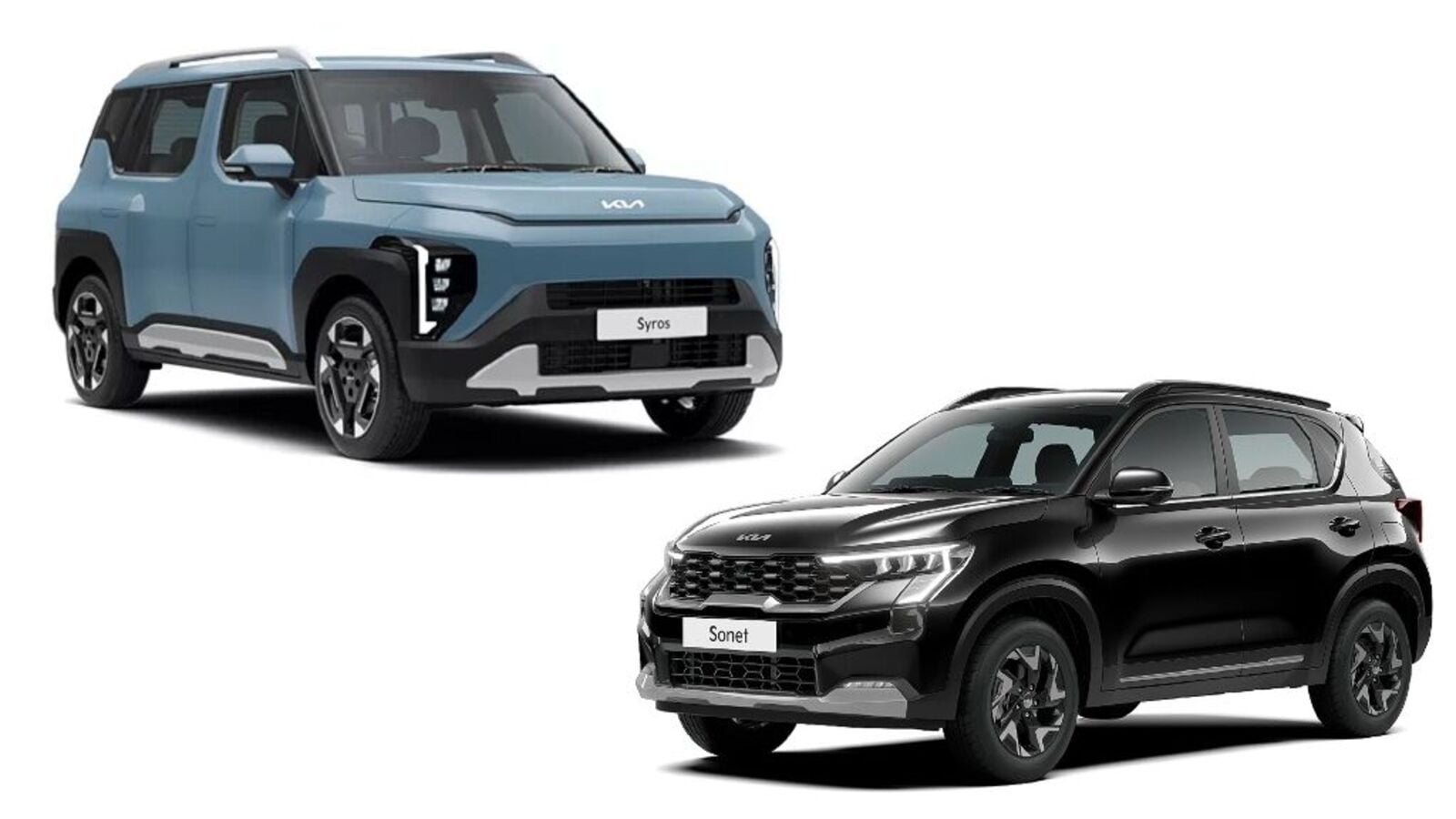
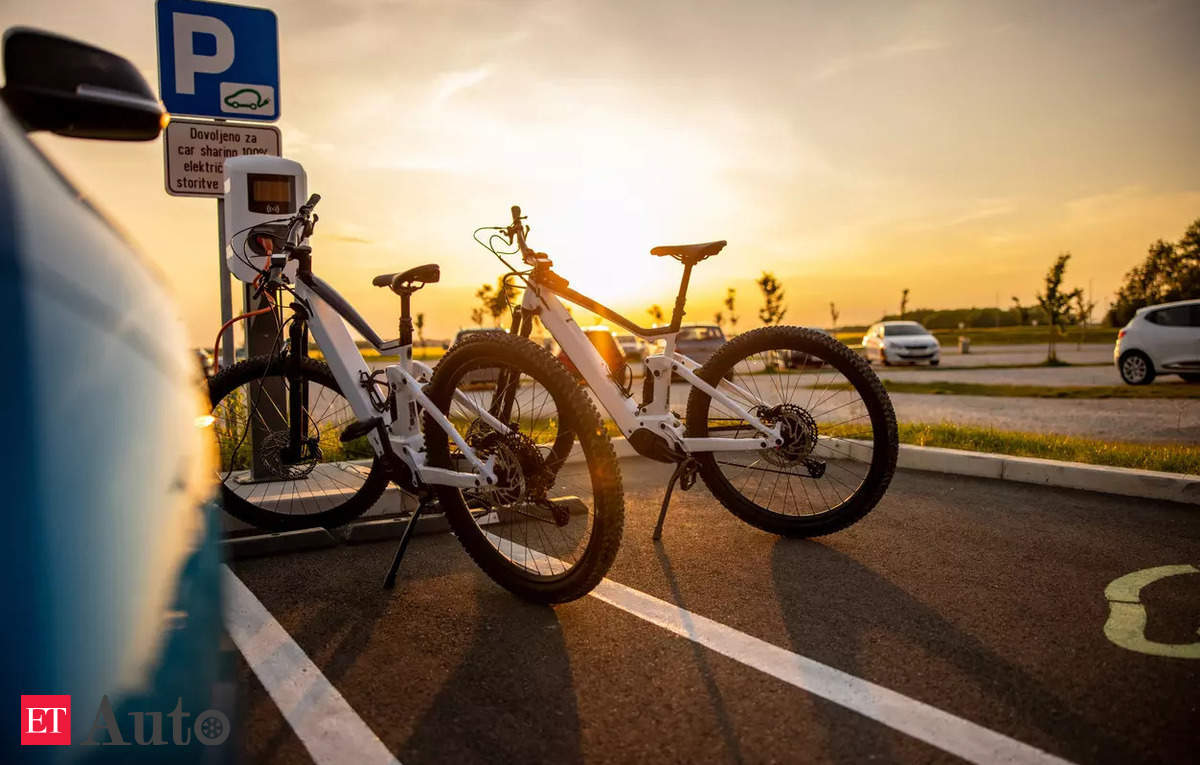


Leave a Reply